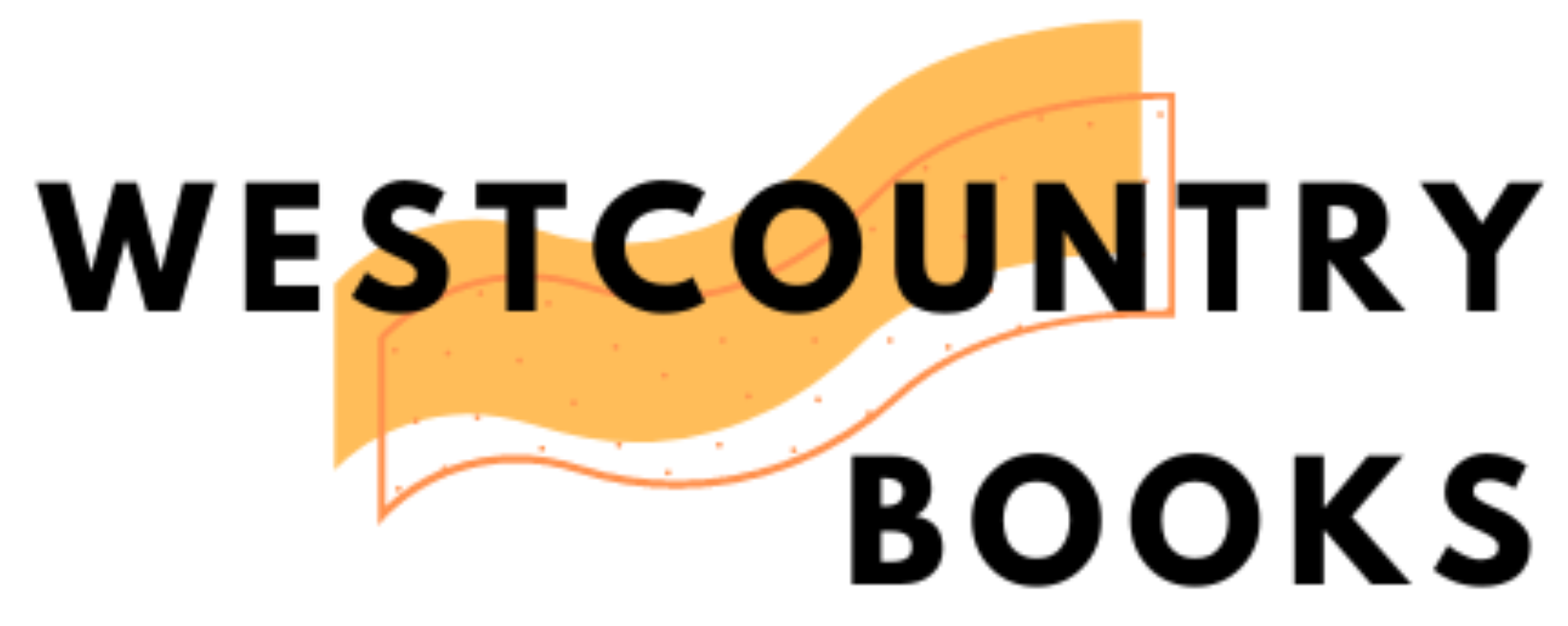Cookies help us deliver our services. By using our services, you agree to our use of cookies.
Close
- News
- Contact Us
- Special Order Import
- Arts, Crafts and Music
- Bargain Books
- Childrens
- Cornwall and the isles of Scilly
- Crime, Thrillers and Mystery’
- Customs, Folklore, Myths and Legends
- Ecology and the Environment
- Fantasy and Science Fiction
- Farms, Farm Shops and Self-Sufficiency
- Festivals
- Fiction
- Food and Drink
- Gardens and Gardening
- General Non-Fiction
- Geology and Palaeontology
- Gift Books and Stationery
- Graphic Novels
- Health, Family and Lifestyle
- History
- Humour
- Maritime
- Mind, Body and Spirit
- Nature, Natural History and the Countryside
- Occult & New Age
- Outdoor Pursuits & Maps
- Regional Titles
- Science
- SIGNED COPIES
- Seashore, Sea and Coast
- Sports, Hobbies and Games
- Transport
- Zoos and Wildlife Parks
- Clearance Stock
- Bestsellers
- Recent Arrivals
Menu
- News
- Contact Us
- Special Order Import
- Arts, Crafts and Music
- Bargain Books
- Childrens
- Cornwall and the isles of Scilly
- Crime, Thrillers and Mystery’
- Customs, Folklore, Myths and Legends
- Ecology and the Environment
- Fantasy and Science Fiction
- Farms, Farm Shops and Self-Sufficiency
- Festivals
- Fiction
- Food and Drink
- Gardens and Gardening
- General Non-Fiction
- Geology and Palaeontology
- Gift Books and Stationery
- Graphic Novels
- Health, Family and Lifestyle
- History
- Humour
- Maritime
- Mind, Body and Spirit
- Nature, Natural History and the Countryside
- Occult & New Age
- Outdoor Pursuits & Maps
- Regional Titles
- Science
- SIGNED COPIES
- Seashore, Sea and Coast
- Sports, Hobbies and Games
- Transport
- Zoos and Wildlife Parks
- Clearance Stock
- Bestsellers
- Recent Arrivals
(0) items
You have no items in your shopping cart.
All Categories
Menu
Shopping cart
Filters
Personal menu
Preferences
Search
- Home /
- History /
- General History /
- Ruin and Renewal: Civilising Europe After the Second World War
Customer service
Contact Us
- 37 Pennygillam Way, Pennygillam Industrial Estate, Launceston, Cornwall, PL15 7ED
- [email protected]
- 01566 775786
